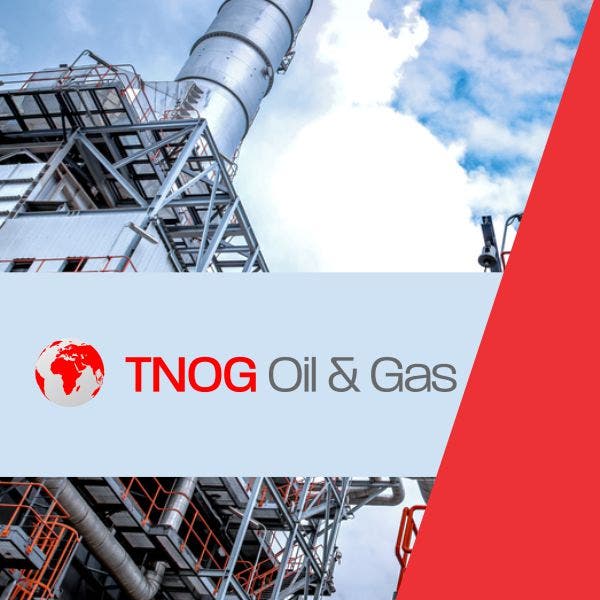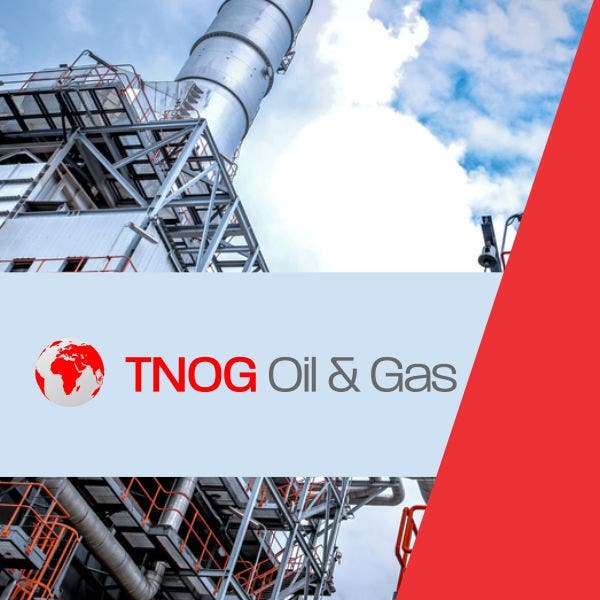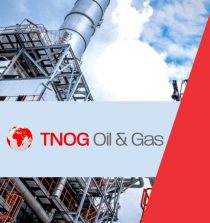The $1.1 billion Oil Mining License, OML 17 deal undertaken by TNOG Oil and Gas Limited, a related company of Heirs Holdings and Transcorp, would impact on the Federal Government, communities and the entire nation’s economy.
Chief Finance Officer, TNOG, Samuel Nwanze, said the OML 17 has about 1.2 billion barrels of oil equivalent, additional 1 billion exploration opportunities as well as 2.2 Trillion Cubic Feet, TCF of gas, which exploitation would impact on stakeholders.

Speaking on Arise Television, monitored by Vanguard, yesterday, he said: “We are talking about a huge amount of oil and gas resources that, if well developed can feed into the development of the economy as a whole. Professional Nigerians, who have been well developed and trained by a number of the International Oil Companies, IOCs, that we are bringing together to work on this asset, will also build the capacity of our younger ones that are coming up and will be introduced into this industry.
“Also, because of the growth plans that we have, we see significant benefits for the government in terms of royalties, levies, and taxes. We also see huge employment opportunities, because we are going to grow what we currently have there. These will also culminate in increased economic development, and employment, direct and indirect.”
On community development, he said: “Community engagement and relations are extremely important, not just only in the oil and gas business, but in every business. At Heirs Holdings, we have a track record of being able to relate and work with the communities across all our businesses. We have investments in financial services, health care, power, hospitality, and in all of these businesses, we have engaged and interacted with the communities.
As part of our engagement in the communities, we’ve been doing quite a lot. Apart from what the businesses themselves do, our foundation, the Tony Elumelu Foundation, is actively involved in capacity building, and entrepreneurial development across the continent.
“We want to build and grow and build upon the engagement and community relations that the SPDC has been having with the communities. But we also want to enhance that because we are local, we are indeed indigenes. For us, this is not an asset where we come, we operate, and then we go, this is our home, you know, the people in the communities, are our grandfathers and our grandmothers, they are our fathers and our mothers, their uncles, and aunts, our brothers, our sisters, our sons, and our daughters, this is us.
“So we intend to apply those kinds of principles that we’ve done across a lot of the assets that we’ve been involved in and acquired, also, in this particular transaction. And one of the things we are looking at doing is building a customized, targeted version of what we do in the foundation in capacity building and entrepreneurship development to these communities.

“We are already doing some of that. Tony Elumelu Foundation has already supported close to 900 entrepreneurs that come from these same communities in the Niger Delta. And so we are going to expand that programme. In addition, on top of what is currently being done in terms of, you know, developmental projects, you know, training development capacity building that will take place in the communities.”
Speaking further, he said: “I think the $1.1 billion is a testament of the confidence that the international market still has in the Nigerian economy, so long as you can put a deal together, that works, you know, ticks the right boxes, and people can see that you are working with a group of people who are capable, who have the capacity and are transparent and are good at what they do, you will find investment flow into the economy because there are opportunities in Nigeria.”
He added: “We are acquiring a 45 per cent participating interest, including 30 per cent owned by SPDC 10 per cent by Total and 5 per cent by ENI and there is additional $300 million, which is part of the financing that is there to address transaction costs and provide sufficient working capital for us to be able to run the assets and begin to generate value initially.”









Your article helped me a lot, is there any more related content? Thanks!